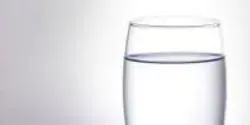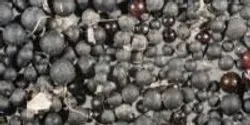Water Testing

Cloudy tap water may have a greater effect for California’s rural immigrants than merely leaving behind a bad taste, according to a new policy brief released by the Center for Poverty Research at the University of California, Davis.

Americans love their dogs, but they don’t always love to pick up after them. And that’s a problem. Dog feces left on the ground wash into waterways, sometimes carrying bacteria — including antibiotic-resistant strains — that can make people sick. Now scientists have developed a new genetic test to figure out how much dogs are contributing to this health concern, according to a report in the American Chemical Society journal Environmental Science & Technology.

Americans can take a warning from a University of Florida study of bottled water in China - don’t drink the liquid if you’ve left it somewhere warm for a long time.

A new ultra-sensitive, low-cost and portable system for detecting mercury in environmental water has been developed by University of Adelaide researchers.

A group of McMaster University researchers has solved the problem of cumbersome, expensive and painfully slow water-testing by turning the process upside-down.

Researchers from North Carolina State University have developed a new technique that uses existing technology to allow researchers and natural resource managers to collect significantly more information on water quality to better inform policy decisions.

With its new 875 Karl Fischer Gas Analyzer, Metrohm combines decades of experience in moisture analysis and sample handling. The KF Gas Analyzer is designed to handle nearly any gas sample - compresses, liquefied or native. It is fully equipped to measure the absolute moisture content of LPG, petrochemical intermediates, natural gas or other compresses or liquefied gases.











